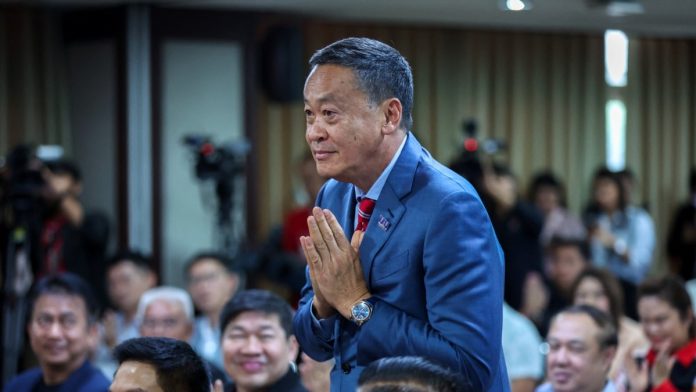Facebook Twitter (X) Instagram Somali Magazine - People's Magazine
On Wednesday, August 14, 2024, the Constitutional Court of Thailand removed Prime Minister Srettha Thavisin from office after finding him guilty of an ethics violation. The court’s decision adds to the recent turbulence in Thai politics, following the dissolution of the main opposition party just a week earlier.
Controversial Appointment by Srettha Leads to Court Case
The case that led to Srettha’s ousting involved his appointment of Pichit Chuenban as a Minister of the Prime Minister’s Office in April. Pichit had previously been jailed in 2008 for contempt of court after allegedly attempting to bribe a judge with $55,000 in cash. The incident was related to a case involving former Prime Minister Thaksin Shinawatra. Despite serving his sentence, Pichit’s controversial past resurfaced, prompting his resignation weeks after the appointment.
Court’s 5:4 Decision and Ethical Breach
The Constitutional Court voted 5:4 against Srettha, ruling that, as prime minister, he was solely responsible for vetting his Cabinet nominations. The court stated that Thavisin knew of Pichit’s past but still chose to nominate him, thereby violating Thailand’s ethics codes. The court emphasized that Pichit’s behavior, as previously judged by the Supreme Court, was dishonest, which made Srettha’s decision to appoint him a breach of ethical standards.
Caretaker Government and Uncertain Future the Ousting of Srettha
With the fomer PM removed from office, the current Cabinet will continue to operate on a caretaker basis until Parliament selects a new prime minister. However, there is no specified time limit for Parliament to make this decision, leaving Thailand’s political future uncertain.
This ruling follows Srettha’s rapid ascent in Thai politics and contributes to the ongoing instability in the country’s governance.

